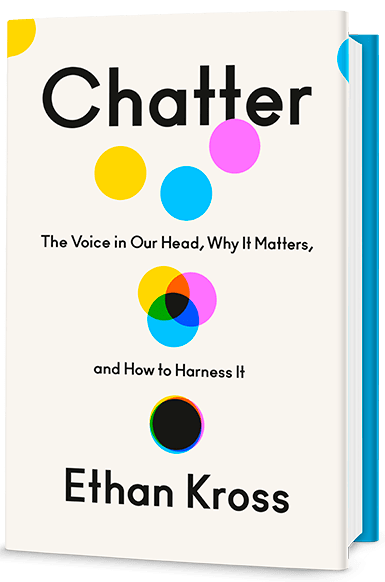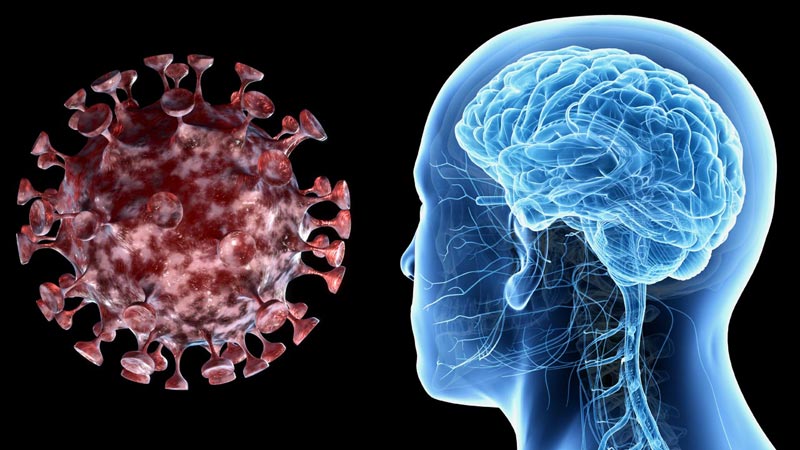Posts Tagged ‘rumination’
Shape your environment, shape your mind
One of the biggest contributors to our happiness is something we barely pay attention to: the voice inside our own heads. As psychologist Ethan Kross describes in his new book Chatter, that voice is constantly analyzing the situations we’re in, reflecting on the past and future, and telling us who we are. While sometimes friendly and…
Read MoreHow COVID-related stress can disrupt your brain circuits and nine tips to prevent it
COVID-19 has touched each of us somehow. Many now recognize that caring for our mental health is as essential as addressing the virus if we are to emerge stronger, more connected and more resilient. The Ancient Greeks said “know thyself” to live soundly, but it is only now that we have the technology to start…
Read MoreRepetitive negative thinking may increase (or perhaps be caused by) cognitive decline and Alzheimer’s pathology
Dementia: negative thinking linked with more rapid cognitive decline, study indicates Dementia affects an estimated 54 million people worldwide. There no cure, but reports indicate that approximately a third of dementia cases may be preventable, which is why many researchers have begun to focus on identifying risk factors. This would allow for better personalised interventions…
Read MoreStudy shows how online mindfulness interventions can reduce work-related rumination and fatigue, and improve sleep quality
__________ Work these days often comes with long hours, emotionally draining colleagues, and complex problems that require an enormous amount of mental energy. So it’s no surprise that many of us have a hard time leaving work-related thoughts at the office. “Surveys have shown that between 16 and 25 percent of the workforce have regular…
Read MoreTraining our brains’ executive control to reduce rumination and improve mood
Israeli computer ‘game’ teaches brain to be happier (Haaretz): “There are people who think dwelling on their emotions is helpful, viewing it as a kind of wrestling match with their inner demons. But according to psychologists, it’s
Read More




